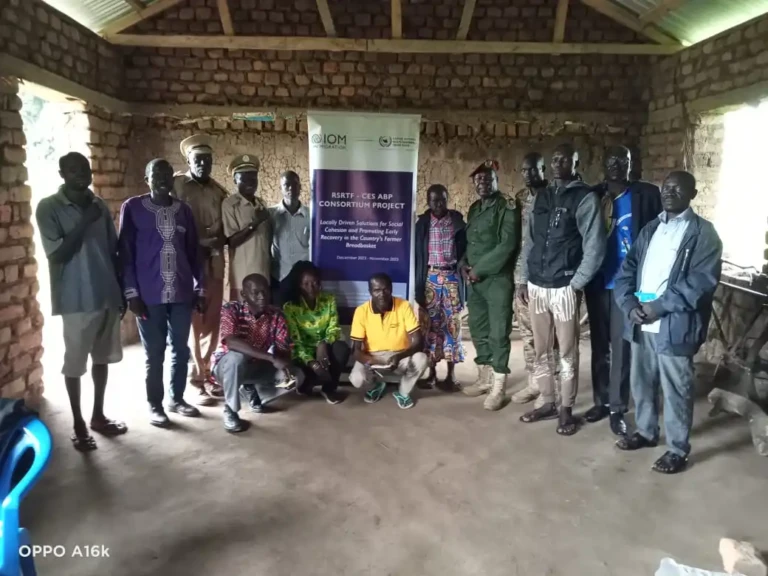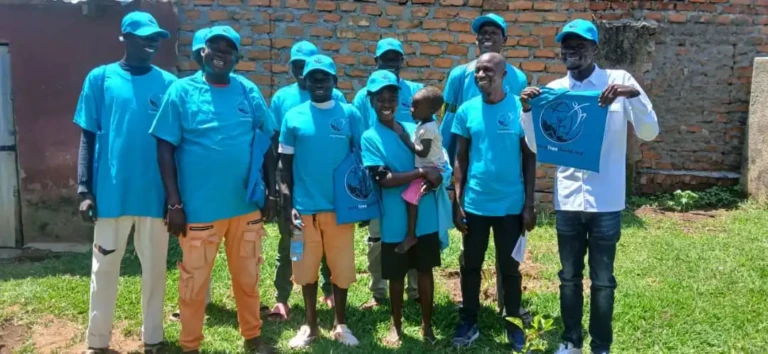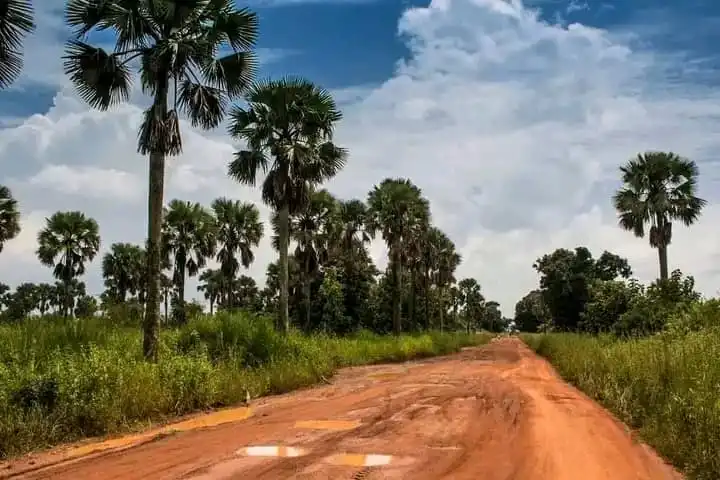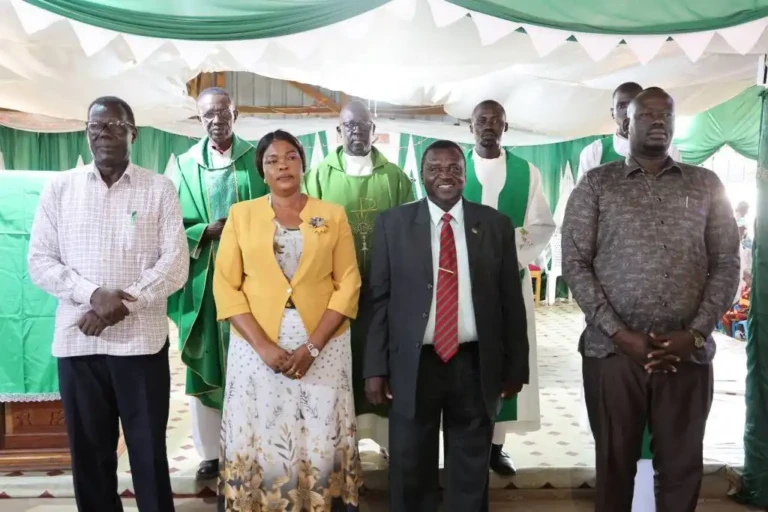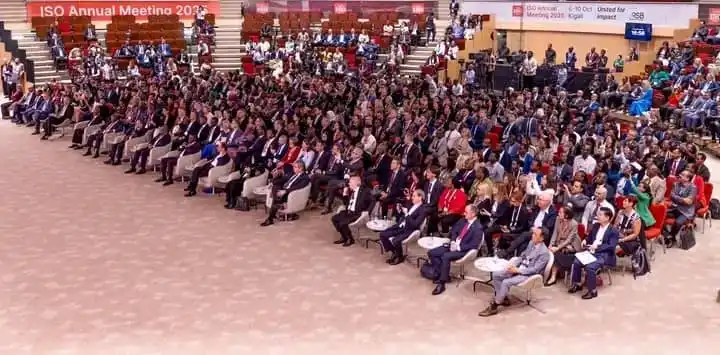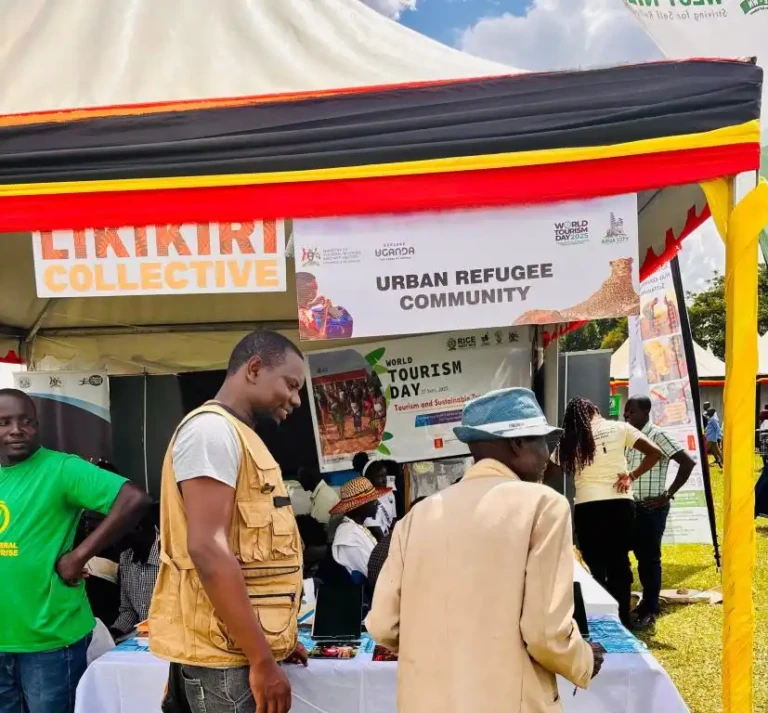
(TORIT) – Local residents in Eastern Equatoria State say they have seen real progress in the way their political representatives respond to community violence, following capacity building workshops led by the United Nations Mission in South Sudan (UNMISS).
The recent improvements are largely credited to newly formed parliamentary caucuses and ongoing training sessions aimed at strengthening governance, legislative processes and peacebuilding efforts.
Community feedback has been largely positive. Anthony Nwapa, Acting Head of the UNMISS Field Office in Torit, noted that citizens are recognising the improved role of their lawmakers.
“We have been receiving lots of great feedback from local communities, who think that the work of their political representatives has become more effective,” he said.
UNMISS, along with external experts, has spent significant time training members of Eastern Equatoria’s Transitional Legislative Assembly.
These training sessions cover topics such as leadership, protocol, constitutional processes and how to reduce conflict through dialogue and proper legislation. The aim is to empower legislators with the tools they need to support lasting peace in the state.
Speaker of the State Assembly, Charles Udwar Ukech, believes the results are already showing. He described the process as gradual but impactful.
“It is definitely boosting our ability to fulfil our roles and responsibilities. Our collective commitment to good governance has also increased as a result of this ongoing capacity building,” he said.
Governor Louis Lobong Lojore also attended the most recent session, which brought together nearly 100 lawmakers and clerical staff. He emphasised that peace cannot be achieved without strong leadership and collaboration across different communities.
“Managing conflicts amicably is key, and it is our responsibility to make that happen,” the Governor said.
While this latest workshop is one in a series, UNMISS officials have pledged to continue supporting Eastern Equatoria’s legislature as long as necessary. Mr. Nwapa, who also serves as a Human Rights Officer with UNMISS, confirmed the mission’s ongoing commitment.
“The positive results so far encourage us. We will keep assisting the state legislature in any way we can,” he said.
Historical conflicts over land, cattle and local politics have long strained relationships between ethnic and local groups in Eastern Equatoria.
Discover more from Access Radio Yei News
Subscribe to get the latest posts sent to your email.

